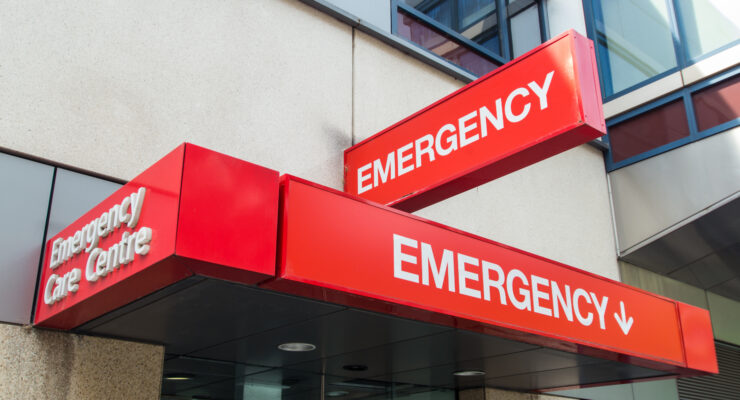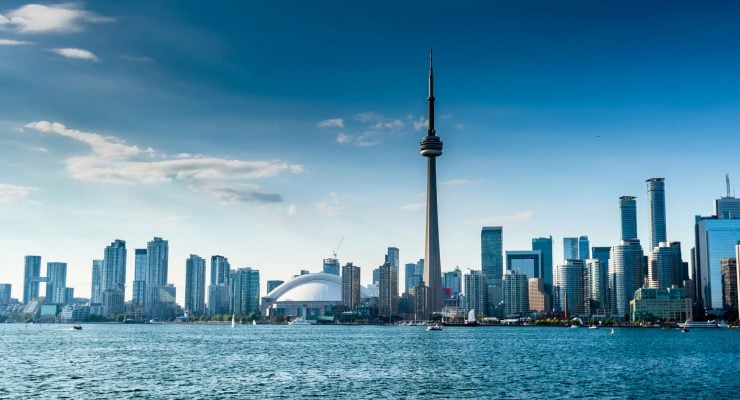If you’re planning to gain valuable international work experience during your Working Holiday Visa adventure, you probably want to find out what your foreign degrees are comparable to in Canada. At the very least, you should be able to “translate” your degrees and credentials on your resume so that prospective employers can appreciate your education. You may also want to have your degrees and credentials formally assessed for a specific job or for immigration purposes.
Note that there’s no “degree equivalency” per se at an international level. Education systems are structured differently and curriculums vary greatly, which is why it can be a struggle for immigrants to have their foreign education assessed and recognized. Basically, a few recognized assessment services review your education and see if it’s deemed comparable to Canadian standards, but no law mandates that a British degree is “valid” for XYZ job or that a Korean bachelor’s degree must be accepted as a Canadian bachelor’s degree.
Degree equivalency, the informal “comparison” between different education systems
It’s always useful to find out what your degree or education level is comparable to in Canada to see if you meet the minimum requirements for a position or to convince a potential employer during a job interview.
Remember that this is an informal “degree equivalency.” Some hiring managers will just take your word for it and maybe your education isn’t that important for the position—North American employers tend to be more flexible about education requirements than in Europe or Asia.
WHV holders aren’t required to have their education formally assessed as part of the visa application.
Foreign degree assessment, the official process
Some WHV holders may choose to have their foreign degrees and credentials formally assessed. This involves submitting all your official documents to a recognized assessment service and paying a fee.
You may want to or have to go through this process if:
- Your employer requires it. This is fairly rare, most employers are happy with an informal comparison unless your occupation is regulated (keep on reading for more info about that!).
- You want to work in a regulated profession or trade. Check if the regulatory body requires a degree assessment, mutual recognition agreements do exist.
- You want to study in Canada, especially if you’re hoping to get credits for courses completed abroad.
- You are applying for Permanent Residence in Canada in the skilled worker category. You will need an Educational Credential Assessment (ECA) for education received outside of Canada.
TL; DR (seriously?!)
- For most jobs, you won’t need an official foreign degree or credential assessment.
- However, it’s often a necessary step if your profession or trade is regulated or if you want to study in Canada.
- No matter what, you should know what your education is comparable to in Canada.
How should I explain my education on my resume?
First, research what your degree is equivalent to in Canada. Several free tools will give you an informal assessment:
- WES Degree Equivalency Tool (for the job market)
- International Degree Equivalency Tool from the University of Toronto (for potential students)
On your resume, you could write the equivalent in brackets. For instance:
Kotogakko Sotsugyo Shomeisho, Upper Secondary School, Leaving Certificate (completion of high-school degree)
A special case – regulated professions and trades
Find out if your profession or trade is regulated in Canada
Around 20% of professions and trades are “regulated” in Canada, which means recognition of your qualifications will be determined by the appropriate provincial or territorial regulatory authority (which may in turn ask you to have your education assessed formally as explained above).
To work in a regulated profession or trade and use a reserved title when doing business or on your resume (e.g. “engineer”), you must obtain a licence to practise or a certificate of qualification. For instance, nurses, doctors, engineers, teachers, accountants and electricians are generally regulated professions.
Different provinces/territories have different regulatory bodies and rules in places. An occupation regulated in one province/territory isn’t necessarily regulated in another province. To learn more about regulated professions, read Finding a Job and Working in Canada.
Note that registering with the appropriate regulatory body and having your degree or credential assessed are two separate processes. You may be asked to show an official degree or credential assessment as part of the regulatory body registration, but even if the assessment confirms that you’re a nurse in your country of origin, you can’t work as a nurse until the regulatory body accepts you as such.
You can use The Canadian Information Centre for International Credentials’ Directory of Occupational Profiles to determine whether or not your occupation is regulated.
If you go through the regulatory body registration process or if you’re working in a regulated profession or trade in Canada, come share your experience on the forum!
International mobility agreements
There are international agreements in place to help facilitate the movement of professionals among different countries—check if such agreement exists between your country of origin and Canada for your regulated profession or trade.
For instance, the following regulated professions have agreements with various countries:
- International mobility agreements for engineers
- International credential recognition for chartered professional accountants
- Mutual recognition agreements for IT professionals
There are also labour mobility agreements within Canada.
Check the Directory of International Labour-Mobility Resources to find contact information for your country of destination.
Getting your foreign degree or credentials assessed
If you do need or want to have your foreign education formally assessed, you will have to contact the following organizations:
- For immigration purposes, the Government of Canada requires an Educational Credential Assessment (ECA) and lists a few accepted designated organizations.
- If you’re heading to Quebec, you can submit a request for an Évaluation comparative des études effectuées hors du Québec (Comparative evaluation for studies done outside Québec) issued by the Ministère de l’Immigration, de la Diversité et de l’Inclusion for reference purposes only.
- Most universities, regulatory bodies and employers have a contract with WES or ICAS, the two main recognized assessment services.
Find out more information about foreign qualification recognition in your province or territory of destination:
- International qualifications assessment in Alberta
- Foreign qualifications in British Columbia
- Academic credential assessment in Manitoba
- Foreign qualification recognition and regulated occupations in New Brunswick
- Foreign qualifications recognition in Newfoundland and Labrador
- Recognizing credentials in Nova Scotia
- Recognition of education received in jurisdictions other than Canada or the U.S.
- Foreign qualifications recognition in Prince Edward Island
- Comparative evaluation for studies done outside Québec
- Regulated occupations and licensing requirements in Saskatchewan
- Assessing your qualifications if you’re a foreign worker in Yukon
















 Français
Français English
English




0 comments
{{like.username}}
Loading...
Load more